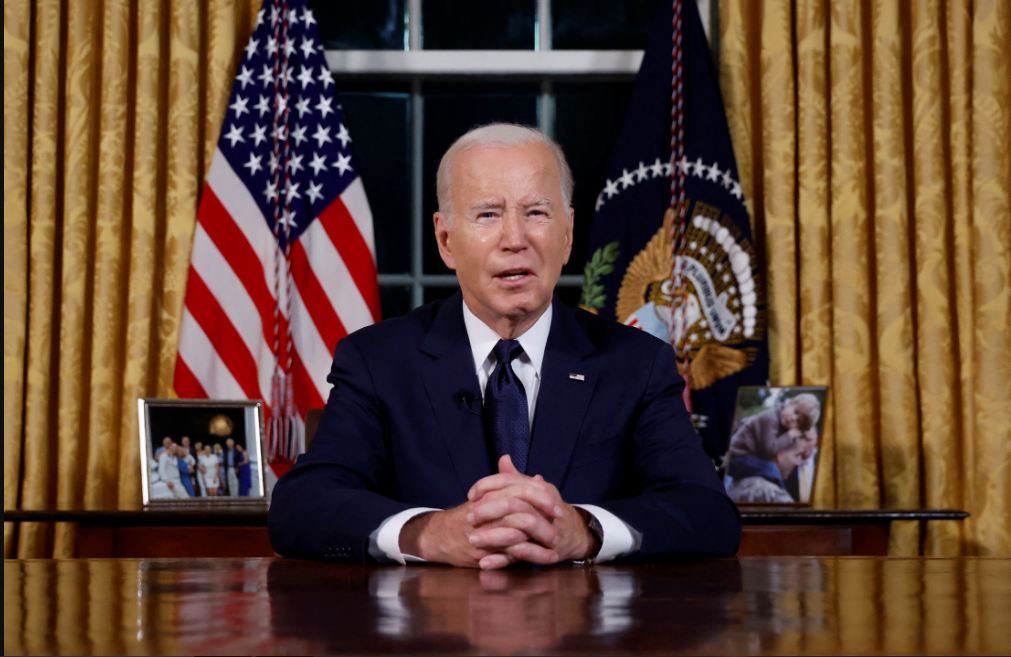BRAIN DRAIN: Why do educated Iranians emigrate abroad?
by Cyrus Yaqubi
Most educated people, who have worked hard for years, studied and gained experience to have a better life, run away from the country to escape from this big prison.
It seems that the migration of Iran’s educated and professionals a phenomenon popularly known as “brain drain” abroad, is becoming more intense every year. According to studies conducted in 2019, Iran ranked the second-largest brain drain in the world with the migration of nearly 180,000 educated professionals.
With the deteriorating situation in Iran in the last two years, the complete takeover of government organs by Khamenei’s faction and the increase in public dissatisfaction, this statistic has certainly increased, especially because of the Corona outbreak and the regime’s inability to deal with the pandemic that has so far killed more than 408,000 people.
Despite such a situation, the Iranian regime does not even care for the country’s medical staff, which is currently most needed. Iran’s medical staff are not even paid enough or on time, which has led to a sharp increase in the migration of nurses.
According to reliable sources approximately 500 nurses migrate to other countries every month. Meanwhile, training a nursing expert costs more than one billion tomans (around $35000).
Basically, brain drain in Iran takes place for three reasons: economic, social, or political.
At the present, all these parameters go hand in hand in Iran. They have caused dissatisfaction among most Iranians so that according to research, 30% of the Iranian population tends to emigrate abroad.
On the one hand, this dissatisfaction can be seen in economic statistics and figures. For example, 80% of people have gone below the poverty line. The middle class has almost vanished, and essential food items such as meat and fruit are off the table for millions of people.
News of strikes by workers and employees who have not been paid for several months can be seen almost daily in the media and has become commonplace. The youth unemployment rate has reached one-third of their population, and there are now plenty of university graduates working as taxi drivers or transporting people by their private car in cities to earn some money.
In Kurdistan province, there are many such educated people who carry smuggled goods on their backs (called Koolbar) between Iran and Iraq, and every month the news of a number of them being killed by border guards is published in the media.
The situation is so bad that nearly a third of the metropolitan population, who can no longer afford to pay the heavy rents within cities, are driven to the outskirts of the cities and live in very poor conditions in shanty towns that lack the minimum living standards such as piped water and electricity, a proper bathroom, etc.
Furthermore, widespread and institutionalized corruption in the government has led to unbelievable class divides between the regime’s officials and affiliates and ordinary people.
It has been revealed that regime’s officials and affiliates enjoy special privileges to access lower rate foreign currency, which is about one-seventh of the market rate. They sell it in the free market at a much higher price and pocket the gains. That is why Iran is ranked to have the most number of millionaires in the Middle East while ordinary people are in need of minimum provisions for their families.
This situation has caused many young people with no welfare to turn to drugs and become addicted. Cases that were very rare before the 1979 revolution have now become almost commonplace. University students and even high school boys and girls have become addicted to drugs and after a while, quit their education path and turn into street vagabonds and living in dirty street corners and even cemeteries, a phenomenon called cardboard sleepers.
According to the regime’s own published statistics, there are currently 4.4 million addicts in Iran which is much lower than the actual number. The same statistics state the number of addicts in the country has doubled in the last 10 years.
Drug distribution centers are, in principle, indirectly connected to Iran Revolutionary Guards Corps (IRGC) and the regime’s officials and operate their distribution networks with no fear of arrest and accountability. To cover up its own involvement in such a lucrative operation, every now and then, several addicts and drug dealers are arrested and even executed. But the growing number of addicts clearly shows that drug distribution networks are immune. In fact, obtaining drugs is now cheaper and easier than obtaining some food items.
The severe repression imposed by the regime’s repressive apparatus and lack of freedom of expression has prevailed in Iran. Any kind of opposition faces the threat of arrest, imprisonment, physical and psychological torture, and even execution.
During the November 2019 uprising, in which people staged a nationwide protest over the tripling of gasoline prices, security forces and IRGC fired on people at Khamenei’s behest, killing 1,500 people in the streets without fear of repercussions, and arrested 12,000 protesters, whom some of them were later executed and some are still in prison.
Considering the above, it is natural that most educated people, who have worked hard for years, studied and gained experience to have a better life, faced with such conditions, run away from the country to escape from this big prison. But since it is not possible for all these people to emigrate and not all people want to leave Iran, many are looking to change the situation in Iran.
They expressed their opposition to the Khamenei regime in the recent sham presidential election with widespread boycotts. They also express their desire for regime change in nationwide protests and uprisings that are constantly taking place in different cities and provinces. Their chants are directly pointed at the heads of government, especially Ali Khamenei, who is responsible for the whole situation.
At present, Khamenei, with the help of his repressive police force and IRGC has succeeded in cracking down on these protests. However, according to politicians and sociologists familiar with the situation in Iran, this situation cannot continue for long. This resonates with what some of the Iranian officials are saying. The Iranian society is like a ticking bomb that is fast approaching its explosion stage, or according to Ahmadinejad, the former president of the same regime, a flood is on its way that will take everyone away soon.
Cyrus Yaqubi is a Research Analyst and Iranian Foreign Affairs Commentator investigating the social issues and economy of the Middle East countries in general and Iran in particular.



